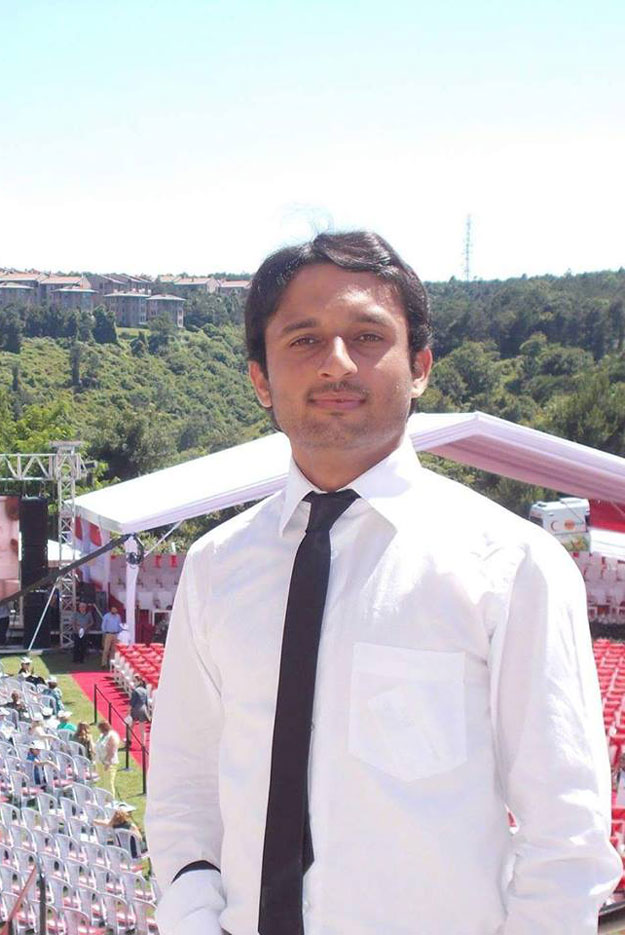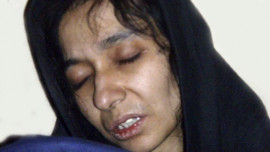
Imran Khan from Quetta has been known to have worked with a team of scientists at Laser Interferometer Gravitational-wave Observatory (LIGO) that recorded gravitational waves for the first time in history.
The 25-year-old, a graduate of FAST, worked with Gran Sasso Science Institute (GSSI), one of the institutions involved in the research.
Pakistan-born scientist played part in discovery of gravitational waves
[fbpost link="https://www.facebook.com/NUCES/photos/a.267847093317540.43679.137940532974864/745352565566988/?type=3&theater"]
Among the 1,004 researchers from 133 scientific institutions all over the world, the GSSI contributed to the scientific breakthrough with eight researchers, including some of the youngest coauthors of the Physical Review Letters paper. "The 'discovery of the century', as it is already called, has also the signature of the GSSI, which contributed with 8 coauthors, six of which are young researchers from Italy, China, India and Pakistan," the GSSI said.
The detection, announced on Thursday, confirms a major prediction of Albert Einstein’s 1915 general theory of relativity and opens an unprecedented new window onto the cosmos.
Pakistan-born scientist Professor Mavalvala worked with researchers at the US-based underground detectors Laser Interferometer Gravitational-wave Observatory (LIGO) Laboratory to build sophisticated sensors to detect gravitational ripples created from the collision of two black holes some 1.3 billion years ago and had been hurtling through space to reach Earth on September 14, 2015.
Scientists glimpse Einstein's gravitational waves
Dr Mavalvala, 47, was born to a Parsi family in Karachi where she did her primary schooling.
During her graduation at the Massachusetts Institute of Technology (MIT) she started working on gravitational waves – which would lead her to one of the biggest discoveries of the century. But the tale was not so simple.
In essence, her work on gravitational waves has spanned for over 20 years leading up to the discovery.
“The big picture mission drives you. When you work in the lab, [it’s like] you bang your head against the wall for weeks at a time, working on a state-of-the-art circuit, for example,” Mavalvala told MIT’s site in 2014. “Yet this is what enables scientific discovery, when the smaller to bigger pieces of experiments succeed, when the whole thing does what it is supposed to, and then you hope nature gives you the event you’ve been waiting for.”






1732356840-0/Copy-of-Untitled-(1)1732356840-0-270x192.webp)



1732355030-0/BeFunk_§_]__-(41)1732355030-0.jpg)






COMMENTS (20)
Comments are moderated and generally will be posted if they are on-topic and not abusive.
For more information, please see our Comments FAQ